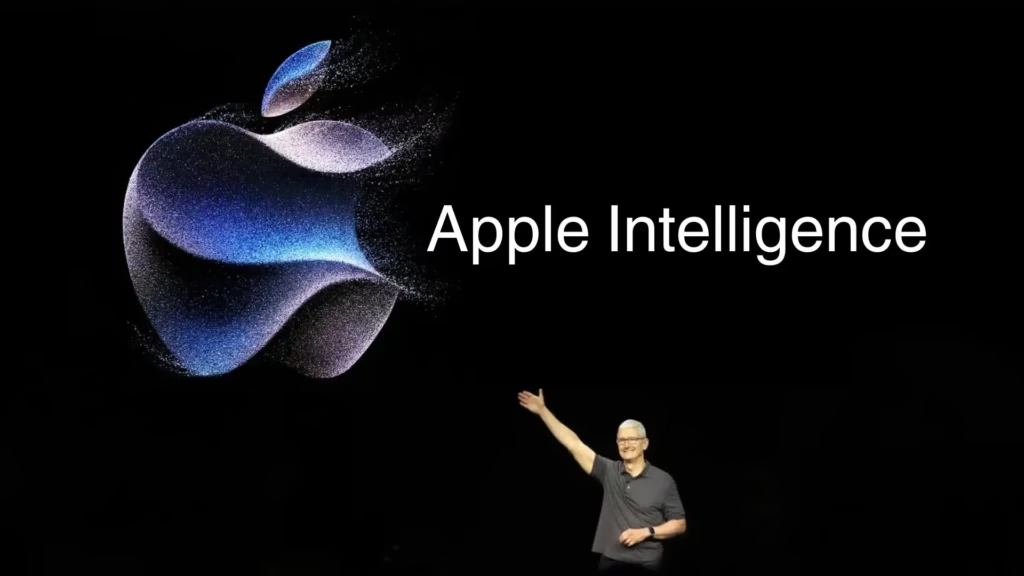In a recent interview with WIRED, Apple’s CEO Tim Cook offered a glimpse into the company’s strategic approach to artificial intelligence (AI), emphasizing Apple’s hallmark commitment to privacy and innovation. Cook’s insights shed light on how Apple balances the rapid advancements in AI while navigating the ethical dilemmas and challenges inherent to this transformative technology. With a focus on improving quality of life, fostering trust, and embedding ethics into technology, Apple’s approach to AI appears both measured and forward-thinking.
AI and the Apple Vision
Tim Cook compared the emergence of generative AI to “rolling thunder,” reflecting its profound and wide-ranging impact. Apple’s investment in neural engines as early as 2017 laid the groundwork for what is now called Apple Intelligence. Unlike other approaches to AI, Apple Intelligence is designed to prioritize privacy, personalization, and seamless ecosystem integration.
Cook emphasized that Apple Intelligence aims to enhance everyday experiences. From creative tools like Image Playground to practical features that summarize emails and notifications, the focus is on utility and delight. Importantly, Apple has chosen not to monetize this technology, echoing its decision with features like multi-touch—prioritizing user experience over profit.
Navigating Ethical Dilemmas in AI
As generative AI and artificial general intelligence (AGI) progress, concerns about their societal impact have grown. Cook acknowledged these concerns but remains optimistic. He likened AI cooperation to using a spreadsheet—enhancing human creativity and productivity rather than replacing it. Apple sees AI as a partner to human thought, not a substitute.
However, Cook acknowledged that the ethical implications of AGI warrant ongoing debate. While Apple is not actively pursuing AGI, Cook believes in the necessity of guardrails to ensure responsible development. “The future of AI must align with human values,” he noted, reinforcing Apple’s commitment to thoughtful innovation.
Privacy: Apple’s Unyielding Priority
At the heart of Apple’s AI strategy is an unwavering commitment to privacy. Cook highlighted that most Apple Intelligence operations occur on-device, with limited use of private cloud computing for complex tasks. This design ensures that user data remains secure even as AI becomes more sophisticated.
When asked about integrating third-party AI systems like ChatGPT into Apple’s core applications, Cook was resolute: privacy concerns take precedence. “We don’t accept that there’s a trade-off between great privacy and great intelligence,” he stated. Apple’s approach seeks to strike the perfect balance between innovation and security, safeguarding its users’ trust.
The iPhone and the Future of Apple
Despite speculation about AI-powered devices replacing smartphones, Cook confidently dismissed the notion. “The smartphone will last a very long time,” he asserted, pointing to its continuous evolution since the iPhone’s debut in 2007. Cook believes the iPhone still has room for growth and will remain central to Apple’s ecosystem.
Reflecting on Apple’s broader future, Cook emphasized the company’s commitment to creating technologies that improve lives. From transformative products like the iPhone to the ethical integration of AI, Apple’s legacy, Cook hopes, will be defined by trust and innovation.
Apple’s Legacy of Innovation
Tim Cook refrained from commenting on his personal legacy, choosing instead to highlight Apple’s ongoing dedication to creating products that improve lives. Whether through technological breakthroughs or ethical leadership, Apple remains committed to maintaining its reputation as a trusted innovator.
As the tech landscape evolves, Apple’s vision—anchored in privacy, innovation, and ethics—sets a compelling standard for others to follow.




6 Responses
sg4yxi
Yo folks, 88vin.stone just might be your lucky ticket. Heard some folks hitting big there. Gotta be in it to win it, right? Give 88vin.stone a try. You never know!
Yo, chillbetmx, this place is legit! Been hitting some decent wins lately. The vibe is cool, and the games are fun. Definitely worth checking it out! Give chillbetmx a shot, you might get lucky too!
Stakemaniacasino is alright, I guess. Nothing special, but a decent place to gamble. Won some, lost some, you know how it goes. Worth a look if you’re hunting for new sites. stakemaniacasino
SAM68 is my new obsession! Quick payouts and the platform interface keeps you immersed and coming back for more!. You’ve got to check it out for yourself! sam68
I’m not one for betting often, but I enjoy casual sports bets on UUU88BET website, they seem legit and the interface is well and easy to use. I had a great experience, worth recommending! uuu88bet